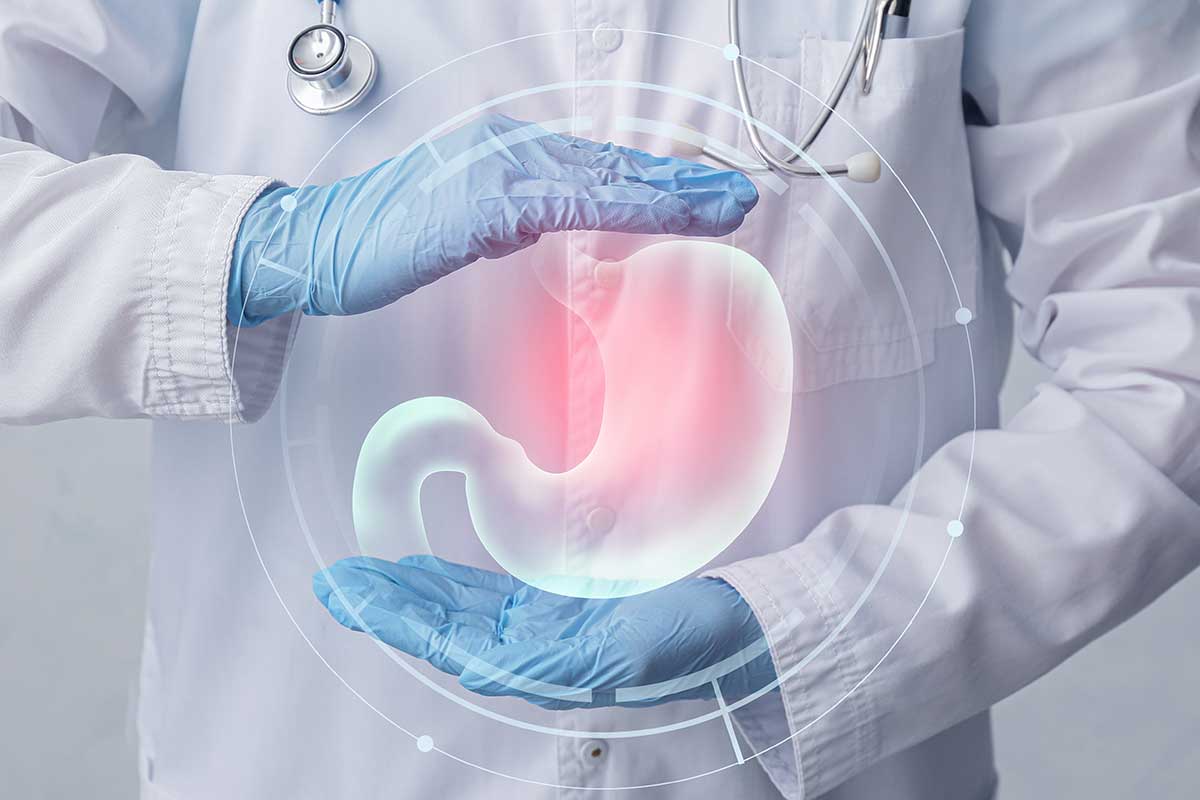
Gastroenterologist
Watch our video about Gastroenterologist
A Gastroenterologist is a medical specialist who diagnoses and treats conditions affecting the digestive system, which includes the esophagus, stomach, intestines, liver, gallbladder, and pancreas. Their expertise ensures proper digestion, absorption of nutrients, and elimination of waste, which are essential for overall health.
Gastroenterologists manage a variety of gastrointestinal (GI) disorders, from common issues like acid reflux and gastritis to more complex conditions such as Crohn’s disease and liver disease. They also perform diagnostic and therapeutic procedures like endoscopies and colonoscopies to detect and treat digestive problems early.
What Conditions Does a Gastroenterologist Treat?
A Gastroenterologist specializes in diagnosing and managing digestive system disorders, including:
- Gastroesophageal Reflux Disease (GERD) – Chronic acid reflux that causes heartburn and irritation in the esophagus.
- Irritable Bowel Syndrome (IBS) – A condition that leads to abdominal pain, bloating, and changes in bowel habits.
- Gastritis – Inflammation of the stomach lining, often caused by infections or excessive acid production.
- Peptic Ulcers – Painful sores in the stomach or small intestine due to acid damage.
- Inflammatory Bowel Disease (IBD) – Includes Crohn’s disease and ulcerative colitis, which cause chronic inflammation in the intestines.
- Hepatitis and Liver Diseases – Conditions affecting liver function, including viral hepatitis and fatty liver disease.
- Gallstones and Pancreatic Disorders – Blockages in the gallbladder and issues affecting the pancreas, impacting digestion.
How Can a Gastroenterologist Help?
A Gastroenterologist provides comprehensive care to improve digestive health, prevent complications, and enhance quality of life. By diagnosing issues early and prescribing effective treatments, they help patients manage symptoms and avoid long-term damage to the digestive tract.
Additionally, gastroenterologists offer preventive care, including screening for colon cancer, dietary advice, and treatment plans to manage chronic conditions like acid reflux, IBS, and liver disease. Their goal is to ensure proper digestion and absorption of essential nutrients while preventing digestive complications.
What Tests Does a Gastroenterologist Order?
To diagnose and monitor gastrointestinal conditions, a Gastroenterologist may request several medical tests, including:
- Endoscopy (Upper GI Endoscopy) – A procedure using a camera to examine the esophagus, stomach, and small intestine.
- Colonoscopy – A test that screens for colorectal cancer, polyps, and bowel disorders.
- Abdominal Ultrasound – A non-invasive test to detect liver, gallbladder, and pancreas abnormalities.
- H. pylori Test – Checks for Helicobacter pylori, a bacteria linked to stomach ulcers and gastritis.
- Liver Function Tests (LFTs) – Blood tests that assess liver health and detect conditions like hepatitis.
- Stool Test (Fecal Occult Blood Test) – Detects hidden blood in stool, which may indicate bleeding in the digestive tract.
- Barium Swallow or X-Ray – Imaging tests to detect abnormalities in the esophagus and stomach.
When Should You See a Gastroenterologist?
It is crucial to visit a Gastroenterologist when experiencing persistent digestive issues, unexplained symptoms, or risk factors for gastrointestinal diseases. Some key reasons to schedule an appointment include:
- Frequent or Severe Heartburn – Chronic acid reflux or burning sensations in the chest may indicate GERD, which can lead to esophageal damage if left untreated.
- Abdominal Pain That Persists – Unexplained pain in the stomach or intestines lasting for weeks may signal ulcers, IBS, or inflammatory bowel disease.
- Chronic Diarrhea or Constipation – Long-term changes in bowel habits could indicate digestive disorders, infections, or food intolerances.
- Blood in Stool or Dark Stools – This could be a sign of internal bleeding, ulcers, or even colorectal cancer, requiring urgent medical evaluation.
- Unexplained Weight Loss or Loss of Appetite – Significant weight loss without changes in diet or exercise may indicate a serious gastrointestinal condition.
- Persistent Bloating or Gas – If bloating occurs frequently and is accompanied by pain, it may be due to IBS, food intolerances, or bacterial overgrowth.
- Family History of Digestive Diseases or Colon Cancer – If you have a family history of GI conditions, regular screenings can detect issues early and prevent complications.
If you are experiencing any of these symptoms, schedule an appointment with a Gastroenterologist at Clinic Consultation today. Early diagnosis and treatment can significantly improve digestive health.
How to Prevent Digestive System Disorders?
Preventing gastrointestinal diseases involves healthy lifestyle choices and routine medical checkups. Some key preventive measures include:
- Eat a balanced diet – Consuming fiber-rich foods improves digestion and prevents constipation.
- Stay hydrated – Drinking plenty of water helps the body process food and maintain digestive function.
- Limit alcohol and avoid smoking – Both habits can cause stomach ulcers, acid reflux, and liver damage.
- Exercise regularly – Physical activity promotes digestion and prevents bloating and constipation.
- Manage stress effectively – High stress levels can trigger digestive disorders like IBS and acid reflux.
- Monitor portion sizes and eat slowly – Overeating and eating too quickly can lead to indigestion and bloating.
- Schedule routine screenings – Regular colonoscopy and endoscopy tests help detect issues early and prevent serious complications.
What to Ask a Gastroenterologist During Your First Consultation?
To make the most out of your visit, consider asking your Gastroenterologist the following questions:
- What could be causing my digestive symptoms?
- Do I need any tests to diagnose my condition?
- Are my symptoms related to diet, stress, or an underlying disease?
- What foods should I avoid to improve my digestive health?
- What treatment options are available for my condition?
- Are there any lifestyle changes I should adopt to prevent future issues?
- How often should I schedule follow-up visits for my digestive health?
Understanding your digestive health ensures better long-term well-being and quality of life.
If you need expert gastroenterological care, book an appointment with a Gastroenterologist at Clinic Consultation today. Our specialists provide personalized treatment for all digestive concerns.
Click here to schedule an appointment online